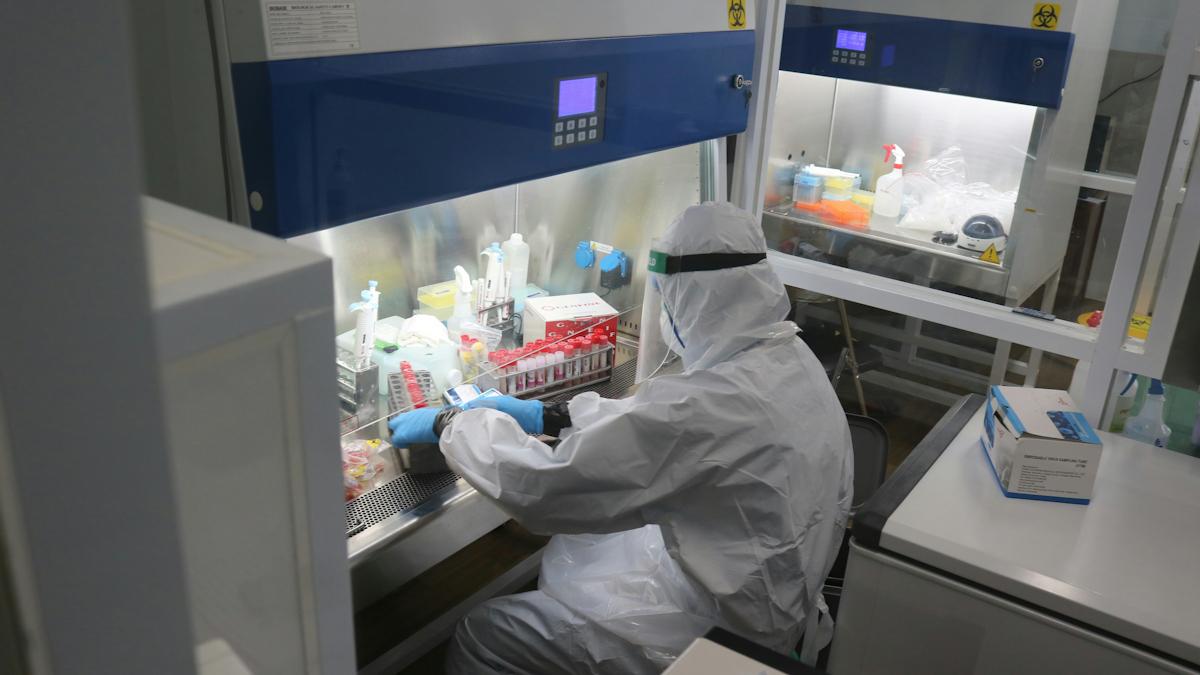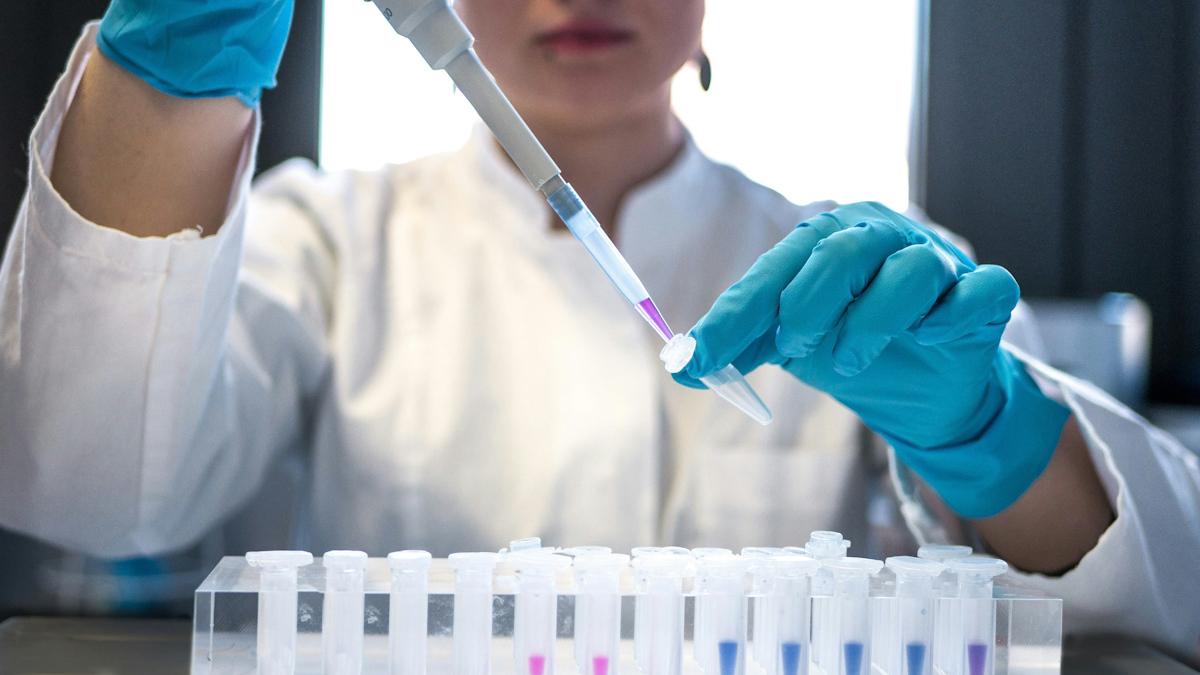Amid sector disruption, biotech must focus on 'fundamentals'

The biotech industry in the US is facing a period of unprecedented uncertainty under the Trump administration, but accountancy firm EY (Ernst & Young) recommends that companies "focus on fundamentals" to ride out the storm.
EY's latest Biotech Beyond Borders report acknowledges the seismic changes in the US in the last few months, including cuts to NIH funding, staff reductions at the FDA, which could affect its ability to review and approve new products, the threat of tariffs on medicines, and new drug pricing proposals such as Trump's most favoured nation policy.
Added to that, the sector overall is facing capital constraints, with reduced federal funding accompanied by a slow recovery since the pandemic in venture capital and other forms of private financing and an IPO window that "appears to be shut for the foreseeable future."
Looking at 2024, EY notes that there was a total of 30 IPOs valued at $4 billion, which was a significant increase on the $2.9 billion raised by 18 listings in 2023, and 2022's $1.5 billion tally.
Despite the increase over the two years prior, IPOs are still well below the 10-year average from 2010–2020, and the $860 million from six IPOs in the first three months of this year suggests that the slow pace of late is being maintained.
Meanwhile, VC funding has recovered but is being concentrated around larger rounds for fewer companies, in particular those with later-stage programmes, and some companies are turning to royalty deals as an alternative, selling future royalty streams in return for near-term financing that is independent of the macroeconomic factors that affect capital markets.
"While predictions don't age well in this environment, there is light at the end of the tunnel," commented Arda Ural, life sciences leader for EY Americas.
"The biopharma industry has dealt with periods of uncertainty before," he added. "2025 will be a year of inflexion during which companies will need to focus on the fundamentals, with scenario planning and cash efficiency being top areas of consideration as we watch for positive indicators such as settling tariff policies, pricing headwinds, lowering interest rates and turning to a pro-growth macro narrative."
Other trends highlighted in the report include the rapid emergence of Chinese biotechs as partners for pharma companies. Last year, there were 40 alliances with China with a total value of $31.5 billion, while in the first quarter of 2025 alone, the haul reached a value of $18 billion from 13 deals.
That trend ties in with a report released in April from the National Security Commission on Emerging Biotechnology in the US, which warned that the US biotechnology sector is in danger of falling behind China within the next three years.
"While the current business environment means there is no one-size-fits-all advice, to the executives and clients reading this report, we say, focus on fundamentals," said Ashwin Singhania, principal for life sciences strategy at EY-Parthenon.
"Scenario planning around workforce changes, manufacturing networks, and a tax-efficient supply chain will be key areas for companies to consider so that there is a strategy no matter which way the macro and regulatory direction takes the industry."
Photo by Mufid Majnun on Unsplash












